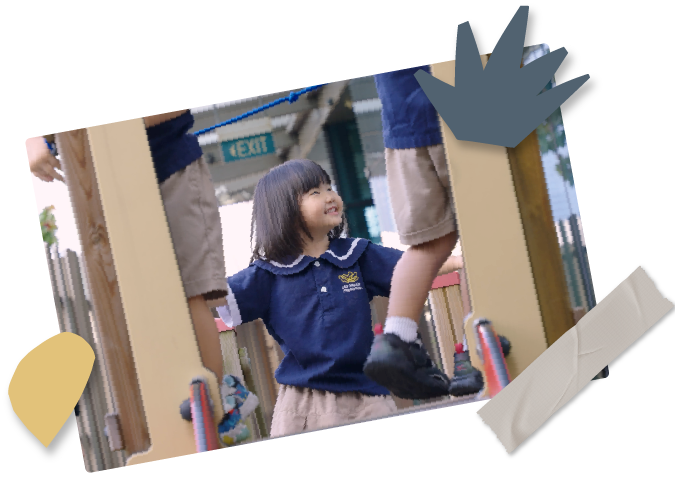
How the Reggio Emilia Approach Benefits Your Child’s Development
Play-Based Approach
Last updated on 30 Aug 2025

Play-Based Approach
Last updated on 30 Aug 2025
How the Reggio Emilia Approach Benefits Your Child’s Development
Play-Based Approach
Last updated on 30 Aug 2025
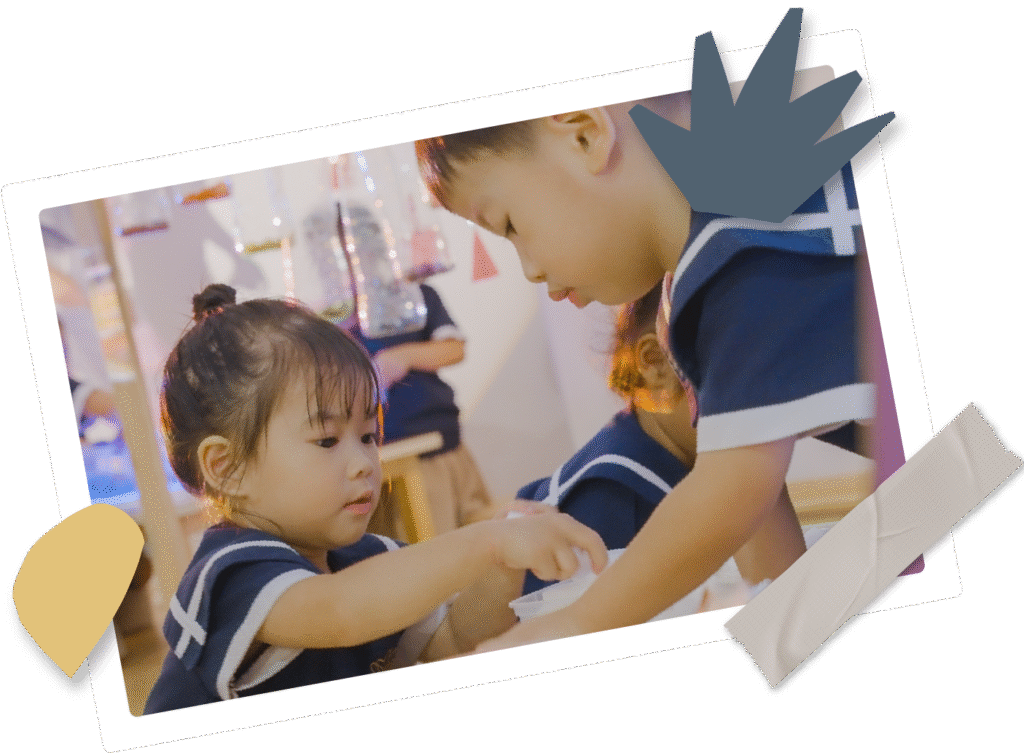
Preschool is typically a child’s first formal learning experience. It can shape your child’s initial attitudes towards school and further learning.
This makes your choice of preschool a significant decision, both for you and your child. Broadly, you’ll have two options for preschool approaches: academic and play-based.
The difference between academic vs play-based preschools boils down to a more structured learning approach and exploration-based (or experiential) development. While the academic model focuses on early literacy, numeracy, and routine, the play-based approach emphasises creativity, social skills, and problem-solving. Both nurture valuable skills, just in different ways.
Ultimately, the best choice will depend on your child’s personality and your family’s educational goals. The idea is to find what is best for your specific circumstances.
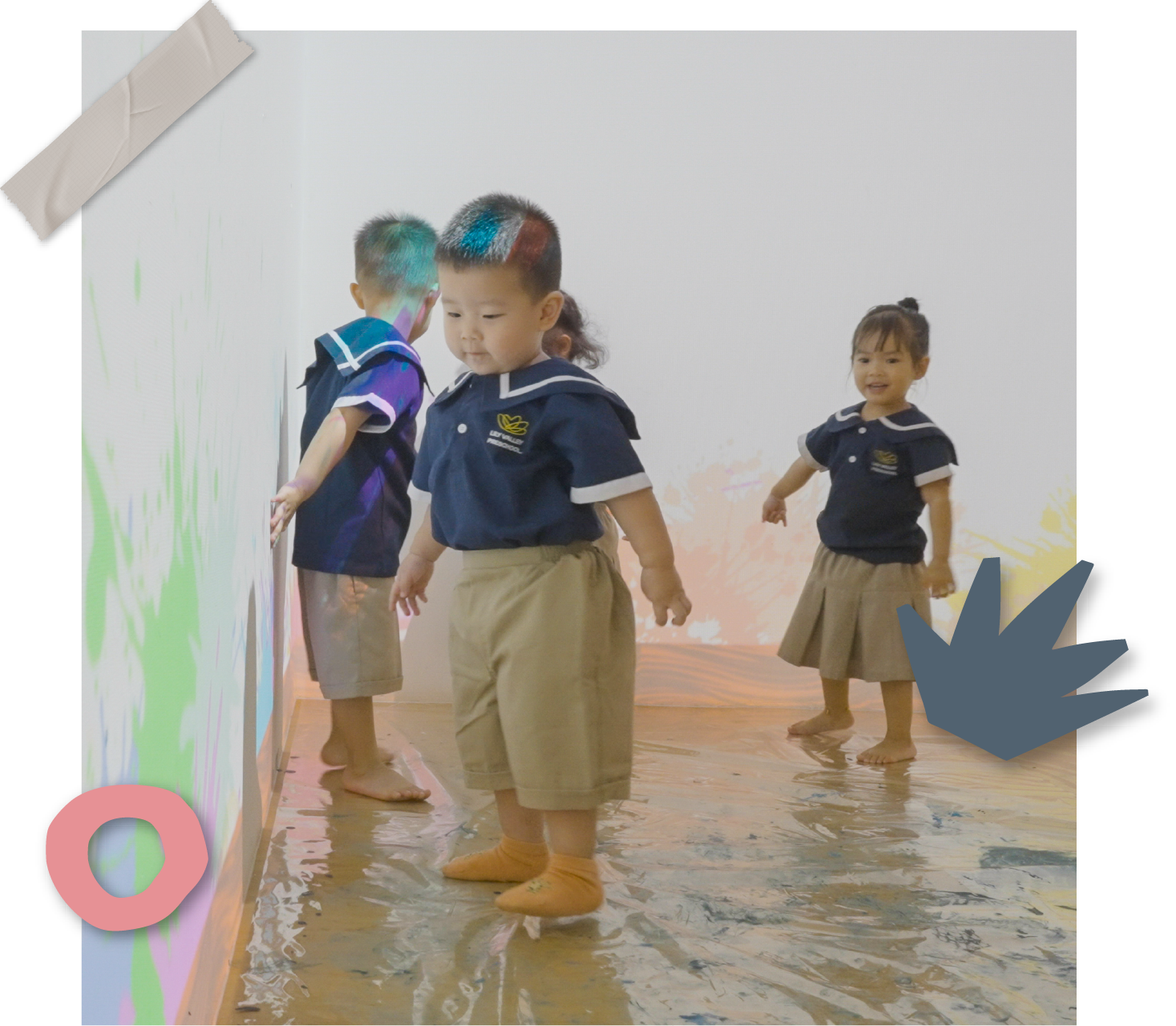
A key part of the Reggio Emilia approach on future child development is the way it builds foundations. It also aligns with the Singaporean Nurturing Early Learners (NEL) framework recommended by the Ministry of Education.
The Reggio Emilia approach provides early exposure to meaningful, hands-on experiences. Through these, children encounter a variety of materials and sensory as well as cognitive opportunities.
They test hypotheses, strengthen memory, and more. In the process, they also build everything from cognitive skills to resilience.

Reggio Emilia classrooms are also intentionally designed to serve as the third teacher for a young learner. This means immersive environments where little ones can engage with their surroundings naturally, and get to explore, discover, and learn through play.
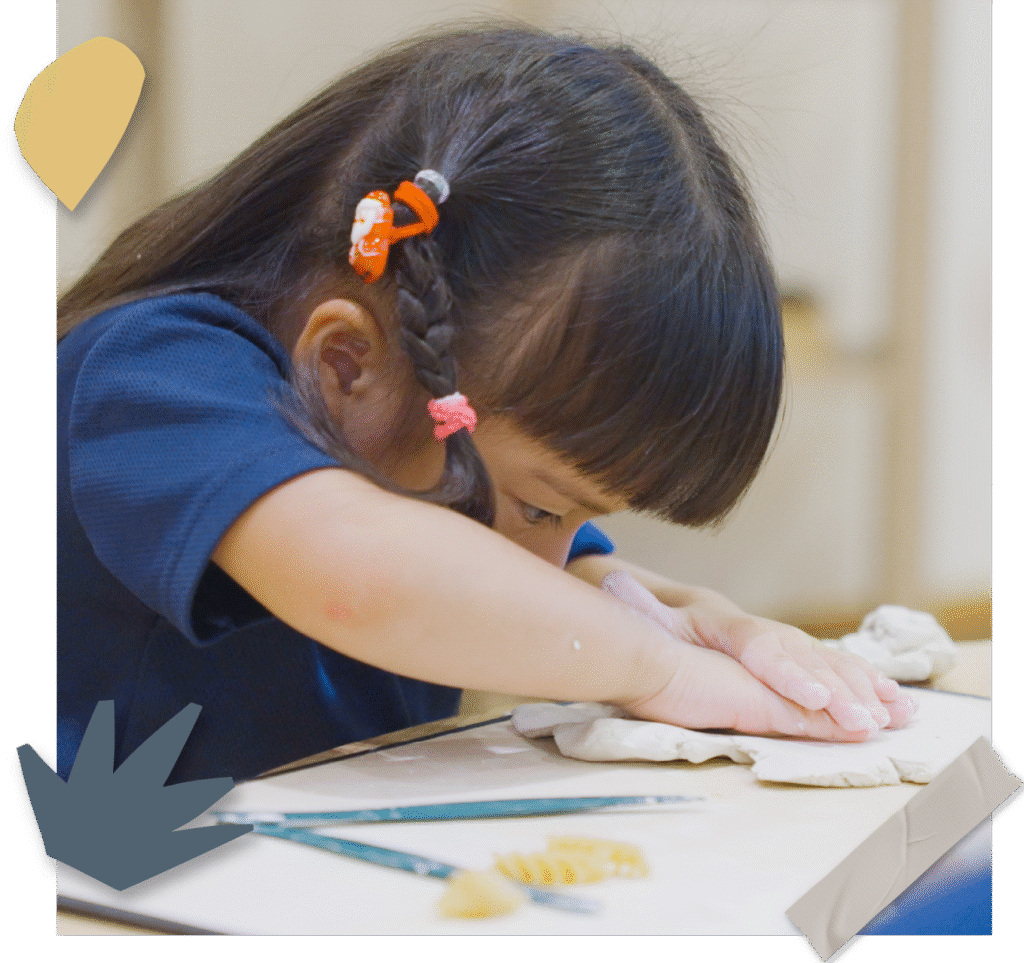
The Reggio Emilia approach makes use of inquiry-based projects led by the learners themselves. These hone analytical reasoning, cause-and-effect understanding, sequencing, and more.
These projects are also open-ended. The idea is to give children the space to think beyond boxes and limits… and eventually, to link ideas across disciplines.
Children can revisit earlier work or learning, compare results, and reformulate their original hypotheses or ideas. They learn to think in advanced ways long before most other educational approaches would encourage it!
Learners thus discover how to link ideas, detect patterns, and explore threads as they find them. This is how the projects build the foundations for problem-solving ability and independence.
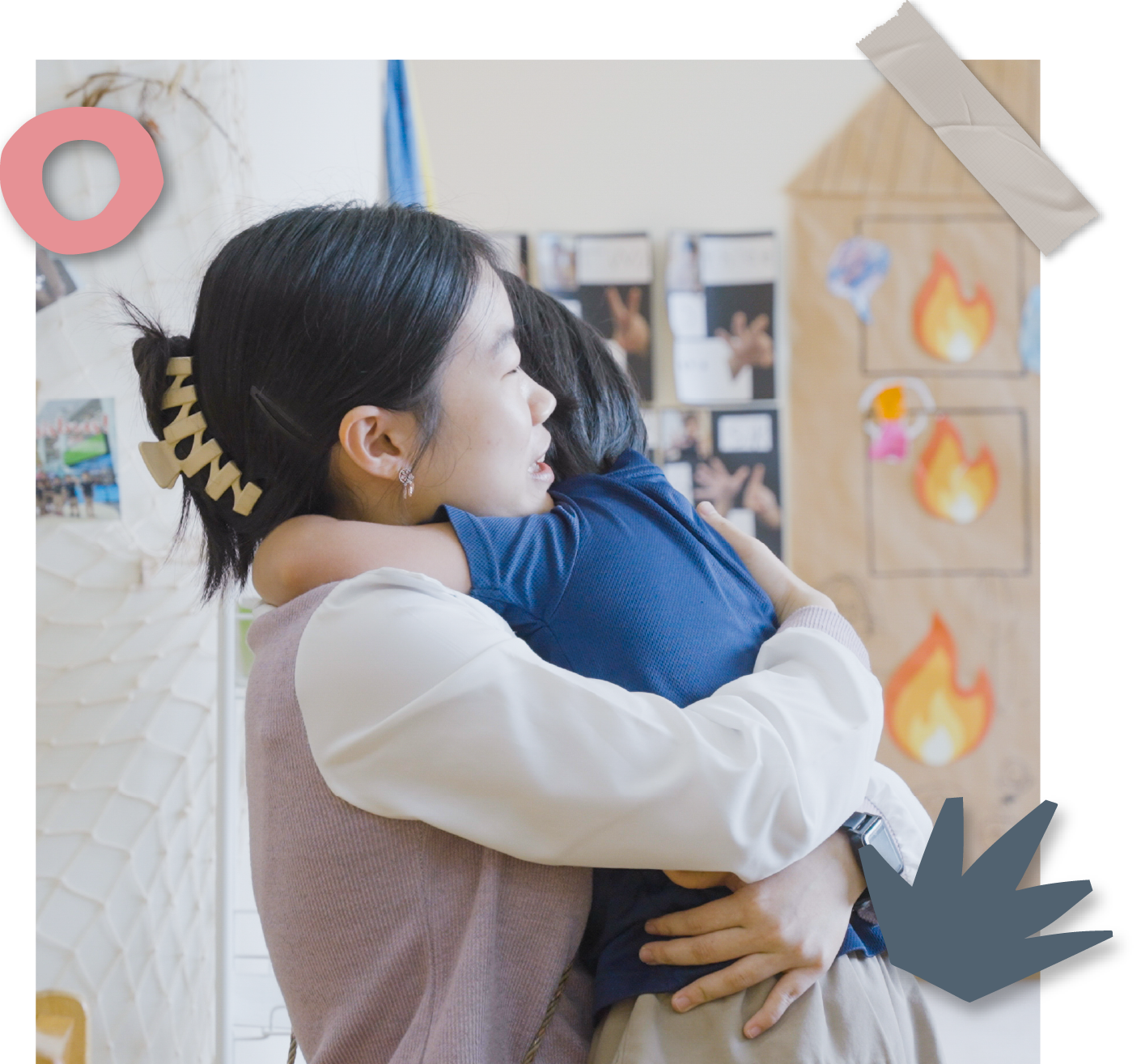
Another key benefit of the Reggio Emilia approach is that it fosters patience and self-regulation in children in various ways.
For example, inquiry-based projects can span days or even weeks in Reggio Emilia preschools. This type of sustained work tests children’s ability to wait or keep working towards results even when feeling impatient.
They learn how to negotiate roles in collaborative projects. They discover how to manage patience while waiting their turn to use specific setups, or how to articulate feelings better when frustrated or disappointed.
They learn another key emotional ability at the same time: resilience. Through it, they learn to persevere in the face of obstacles. For example, when frustrated by outcomes that may not immediately match their expectations.

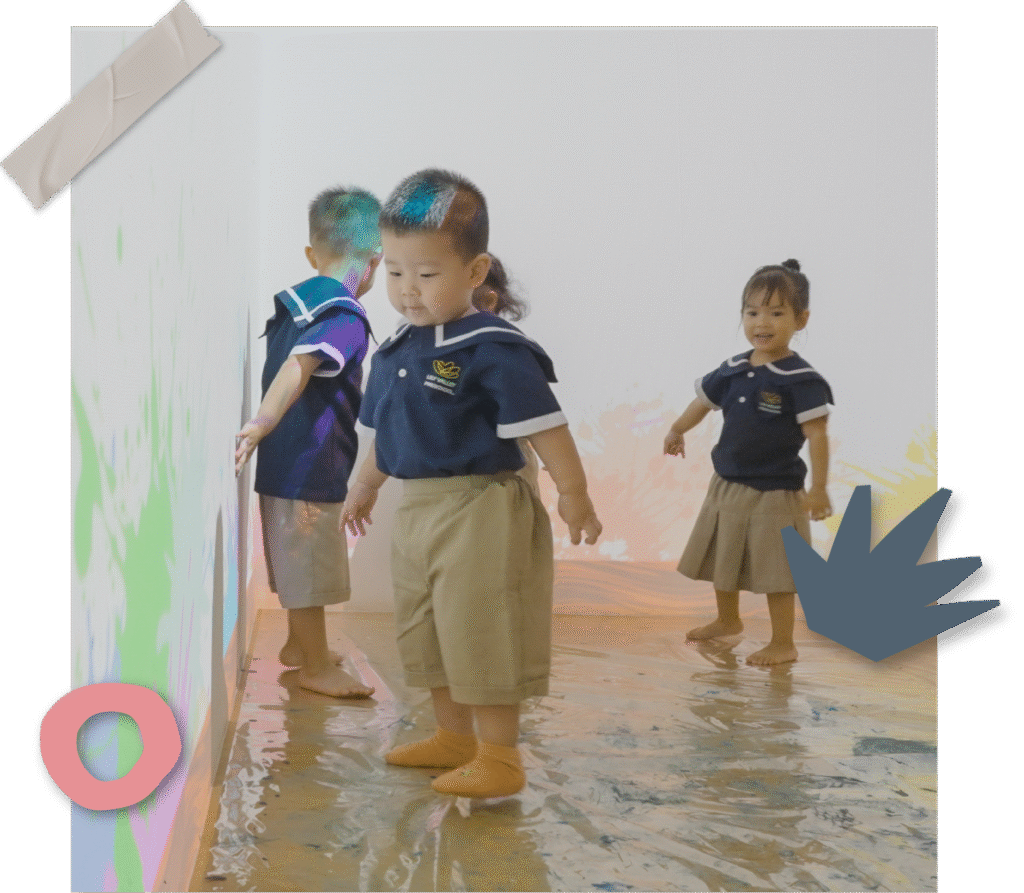
The Reggio Emilia approach is also excellent at building a sense of responsibility and community.
Children are invited to care for shared spaces or materials. They’re shown early on that their actions are consequential – and the consequences can affect more than themselves.
Through collaborative endeavours, they also learn that their roles can be of value in a group. They can support or help others. At the same time, they discover how others can do the same for them.
This sense of belonging ties into children’s early conceptions of responsibility. It may be their responsibility to water a plant in the group’s classroom, for example. Or to help clear up toys after play so that everyone can find them again afterwards.
All of this deepens belonging and accountability. It shapes civic attitudes and habits that will be appreciated even later on in life.
The Reggio Emilia approach has won over many families thanks to its benefits for early development. Humane and comprehensive, it integrates various elements of growth into an engaging and empowering experience for children.
At Lily Valley Preschool, we provide a centre that shows this educational approach at its best. We even have meticulously planned learning ateliers with different themes and tools for children’s inquiries and experiments.
With this approach, you can see your child’s many languages of learning and give them the means to grow through their own curiosity and exploration.
If you’d like to see this for yourself, reach out to us to book a school tour today so you can see the benefits of our Reggio Emilia-inspired preschool firsthand!